The African Church and its Global Significance
Africa is the cradle of humanity. Not only is Africa the second largest continent, but it is also the second most populous continent globally. With almost 1.5 billion people living in Africa, it represents 17.89% of the global population.[1] The potential of Africa has never been in doubt. Being the home to the earliest civilization and having bountiful resources, Africa stands privileged and blessed.
Christianity in Africa dates back two millennia. The early Christian movement spread from Jerusalem to every direction, taking on local cultural expressions throughout the ancient world, starting barely 10 days after Jesus’ ascension. In fact, Egypt was home to many of the earliest Biblical manuscripts and had an organized ecclesiastical hierarchy no later than the late second century. Equally, Ethiopia was a predominantly Christian nation in the fourth century.[2] By God’s design, Africa has participated in shaping Christianity through the ages in significant ways.
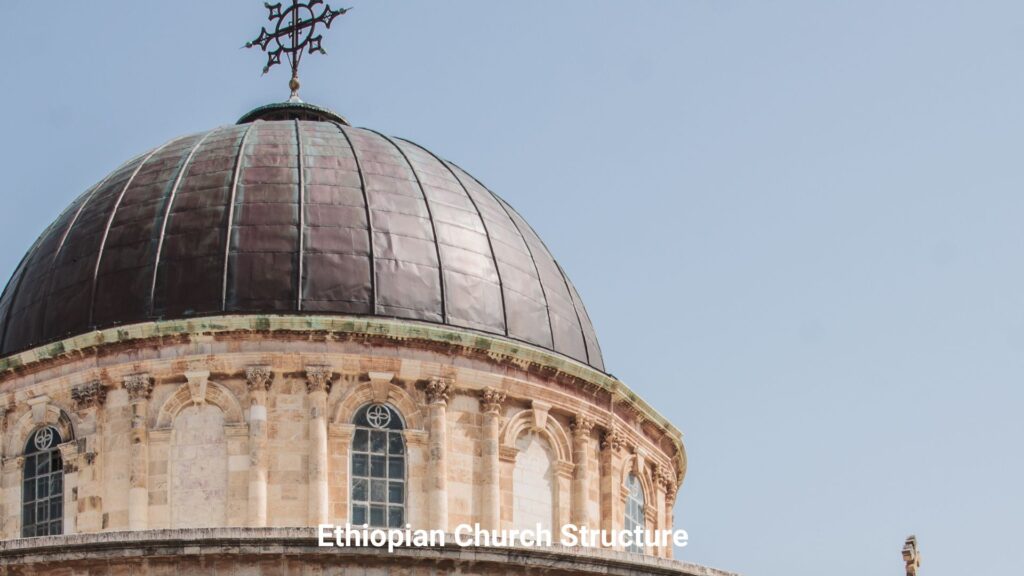
A significant shift has occurred globally concerning the growth of Christianity. For the first time in history, Africa has recorded more Christians than any other continent in the world, with over 667 million Christians.[3] Equally, evangelicalism is experiencing spectacular growth on the African continent. This is baffling given that in the early 1900s, Africa was considered a dark continent and a burial ground for missionaries.
The Church in Africa has significantly offered authentic expressions of itself that have impacted the global church. Through the use of creative arts, such as song and dance, the gospel African songs resound across the world. In addition, the African Church has grown in actively sending local and global missionaries to work among unevangelised people groups. The number of missionaries being sent from countries in the Global South is rising, with 203,000 (47 percent of the total) in 2021, up from 31,000 (12 percent of the total) in 1970.[4]
The rise of African congregations globally is a key contribution to the global church. By 2025, there will be 55,000 denominations globally, signifying an 11,000 growth within a decade, coming out of Africa and the rest of the majority world.[5] Realizing the internal trend concerning Christianity in Africa, we can anticipate the specific spiritual impact that Africa will have on the world.
The African Church’s Context and Challenges
The Church has a moral force in society that is unequal to any other institution. A renowned African author once said that since Christianity is not a religion but a way of life, the Church cannot limit its involvement to preaching, praying, and singing hymns if it is to fulfill its mission on this side of the Great Divide.[6] While we are all children of God and must treat each other as such, the Christian delineation of children of God by common grace and children of grace by saving grace provides a strong dynamic for Christian engagement.[7] Therefore, the church has to be involved socially and politically and has a duty to be involved in managing human affairs as part of Christ’s proclaimed mission.
The landscape of Africa is rapidly changing as it continues to have the fastest urban growth in the world. The last three decades have seen a doubling of the number of African cities from 3300 to 7600 and an increased cumulative population growth of 500 million people. Additionally, the projected population growth in African cities by 2050 is a further 900 million, welcoming two-thirds of Africa’s population.[8] This urban growth has the side effect of slums. In Sub-Saharan Africa, 62% of its urban population resides in slums compared with 35% in Southern Asia and 24% in Latin America.[9] Given its vast presence, the Sub-Saharan church must be part of the solution to this challenge. Addressing this prepares it to be more significant and authentic in its entry into the global stage.
Further analysis of Africa’s current population reveals that almost half are under 25, and approximately 75 percent are under 35. Thus, by 2050, Africa will account for 29 percent of all people aged 15 to 24. This is about 348 million of the total 1.2 billion persons globally.[10] Africa is expected to be the hope of the future for Global Mission. Additionally, by 2050, it’s projected that half of the evangelicals globally will be from Africa,[11] and nearly four in ten of the world’s Christians (38%) are expected to be living in sub-Saharan Africa.[12]
This rapid urbanization, increased population, and significant increase of younger generations in Africa have great opportunities and significant challenges for the African Church to engage in world evangelization. The African media-savvy youth is a huge human resource that should be leveled on by the global church as a means of evangelizing the rest of the global youth now and into the future.
Additional challenges the African church has to contend with in its hour of opportunity include a leadership crisis revealed through extreme poverty, high unemployment rates, wars, famine, corruption, degradation of living standards, and poor governance structures, among others. In his passionate plea during the African Forum on Religion and Government (AFREG 1), former Nigerian President Obasanjo remarked, “The healing is overdue. We must now pull into the depths of our souls and find a meaningful response to the disorientation that screams at us every day, everywhere. We must find that kind of strengths that only the abused and the victimized can recognize. Is there no balm in Gilead? Has the Lord not spoken that Africa is part of His divine economy? What is holding us back when Jesus himself has already liberated the continent?”[13]
Interestingly, the African Church is uniquely flourishing in the face of confounding challenges. Today’s central question for African evangelicals is what kind of Christianity the African church will bequeath to the world by 2050. The external trends concerning the youth population in Africa, urbanization, and rapid growth will catapult Africa to the center stage of global influence in a matter of 1 to 2 generations. These trends are happening regardless of the church’s actions and will place Africa at the center of global influence.[14]
Against this background, the opportunities for the African Church shine through. African Christians must cease to be spectators in the economic, political, and social scenes. Instead, they must actively participate in the struggle to replace poverty with prosperity, disease with health, ignorance with knowledge, oppression with freedom, war with peace, and injustice with justice. Indeed, they must become leaders in that struggle.[15]
Lausanne Movement in Africa
Africa is a diverse continent with 54 nations and multiple language groups. The Lausanne Movement has thus developed three regional blocks, namely Francophone Africa (for French-speaking Africa), MENA (for mostly Arabic speaking, covers the Middle East and North Africa), and EPSA (for English, Portuguese, and Spanish-speaking Africa). In 2023, leaders from these regions gathered in Addis Ababa, Ethiopia, under the auspices of Lausanne for the Africa and Middle East Leadership Forum (AMLF) – whose focus was Africa’s evangelization and leadership development. It was the first time the 3 regions were holding a joint congress.
Out of this forum, there was a commitment to mentor Africa’s next generation of leaders and a commitment to increased collaboration among the regions through the various ministries that partnered to make the forum a success. The vision of AMLF is focused on equipping and networking African leaders to contribute to discussions and growth of perspectives towards the faith challenges of our current times and build sustainable partnerships that will enable Africa to play a role in Global Mission strongly.
Among the emerging discussion areas was the need for collaborative action among the regions toward the advancement of Africa. As Former Burundi President Pierre Nkurunziza put it: “The problem of Africa is the problem of humanity. How can we overcome evil? How can we overcome this egocentricity that is tying us down and making things difficult for our people?”[16] Indeed, if Africa is to overcome the present crisis and achieve peace and prosperity, African Christians must become more active participants in the economic, political, and social development of their nations. The challenge is for African Christians to become active at every level of the development process.[17]
Therefore, the African and Middle East Leadership Forum has embarked on a transformative journey with strategic planning, sustained engagement, and a commitment to mentorship. This joint initiative is well poised as a catalyst for positive change in leadership across Africa and, potentially, to the Middle East.
Authors,
Stephen Mbogo, PhD (Lausanne EPSA, Regional Director) &
Esther Chengo, PhD Fellow (Lausanne EPSA, Co-Regional Director)
[1] https://www.worldometers.info/world-population/africa-population/
[2] Perbi, Y. & Ngugi, S. (2022). Africa to the rest. Xulon Press.
[3] https://www.worldchristiandatabase.org/
[4] Zurlo, G. A., Johnson, T. M., & Crossing, P. F. (2021). World Christianity and Mission 2021: Questions about the Future. International Bulletin of Mission Research, 45(1), 15-25.
[5] Perbi, Y. & Ngugi, S. (2022). Africa to the rest. Xulon Press.
[6] Gana, A. “The African Political Crisis and the Church in Africa”. (1997). Vision for a bright Africa edited by George Kinoti & Peter Kimuyu. IFES.
[7] Obasanjo, Olusegun. “Africa Arise.” 25 Jul. 2006. Religion & Government in Africa: A Christian Response, edited by Delanyo Adadevoh, ILF Publishers, 2009.
[8] African Development Bank Group, 2022. (https://www.afdb.org/en/documents/africas-urbanisation-dynamics-2022-economic-power-africas-cities)
[9] Amegah AK. Slum decay in Sub-Saharan Africa: Context, environmental pollution challenges, and impact on dweller’s health. Environ Epidemiol. 2021 May 20;5(3):e158. doi: 10.1097/EE9.0000000000000158. PMID: 34131619; PMCID: PMC8196122.
[10] https://web.worldbank.org/archive/website01259/WEB/0__C-107.HTM
[11] Gordon Conwell Theological Seminary (2020) https://www.gordonconwell.edu/blog/evangelicals-worldwide/
[12] Pew Research study (2015) https://www.pewresearch.org/fact-tank/2015/04/07/christianity-is-poised-to-continue-its-southward-march/
[13] Obasanjo, Olusegun. “Africa Arise.” 25 Jul. 2006. Religion & Government in Africa: A Christian Response, edited by Delanyo Adadevoh, ILF Publishers, 2009.
[14] Call2All Summit East Africa, One Hope
[15] Kinoti, G. & Kimuyu, P. (1997). Vision for a bright Africa. IFES.
[16] Nkurunziza, Pierre. “Good Governance.” 25 Jul. 2006. Religion & Government in Africa: A Christian Response, edited by Delanyo Adadevoh, ILF Publishers, 2009.
[17] Kinoti, G. & Kimuyu, P. (1997). Vision for a bright Africa. IFES.

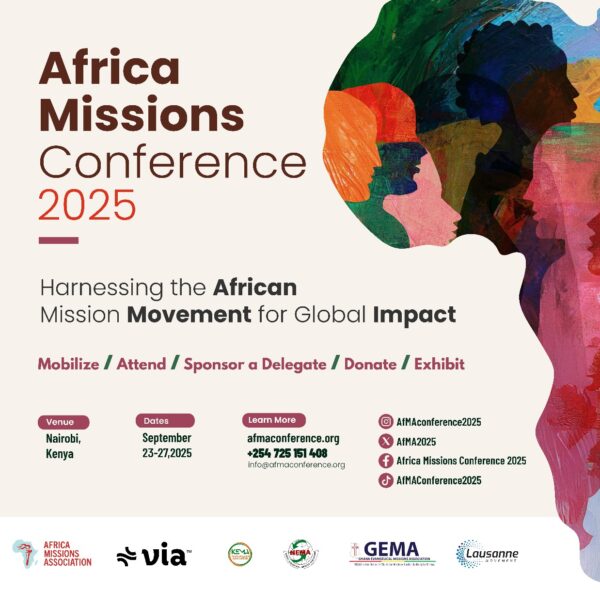
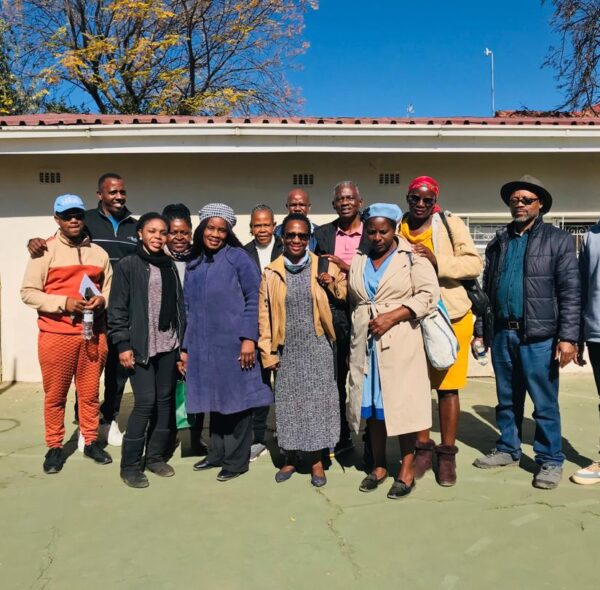
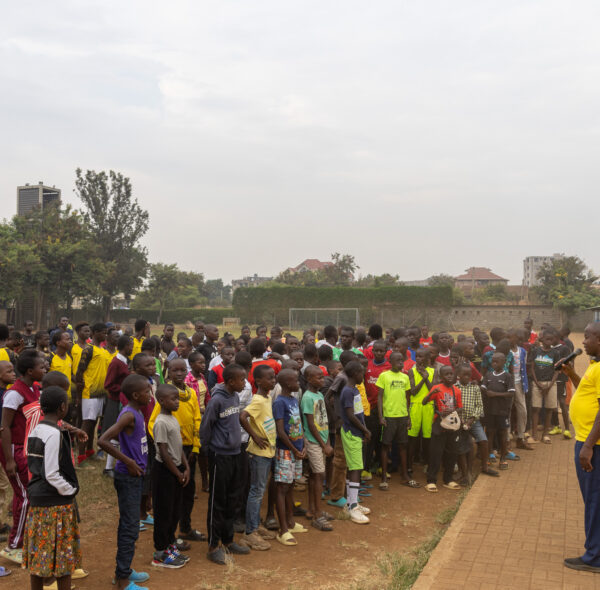
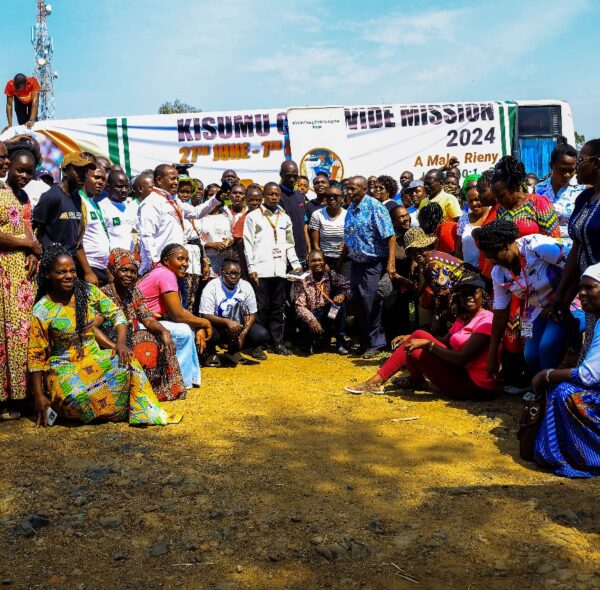
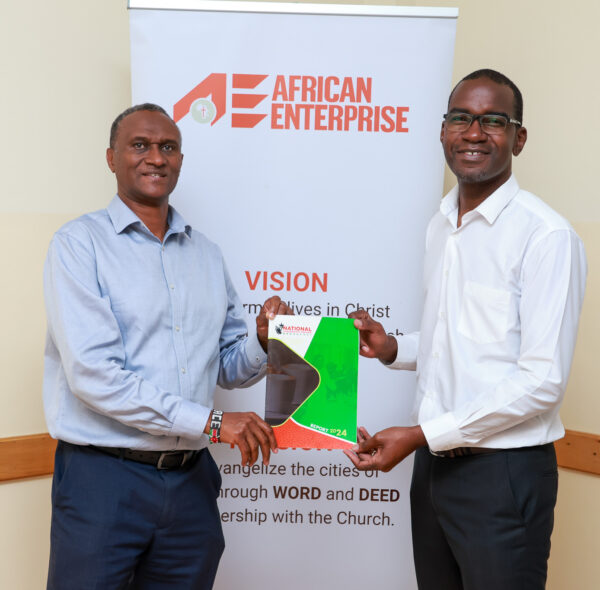

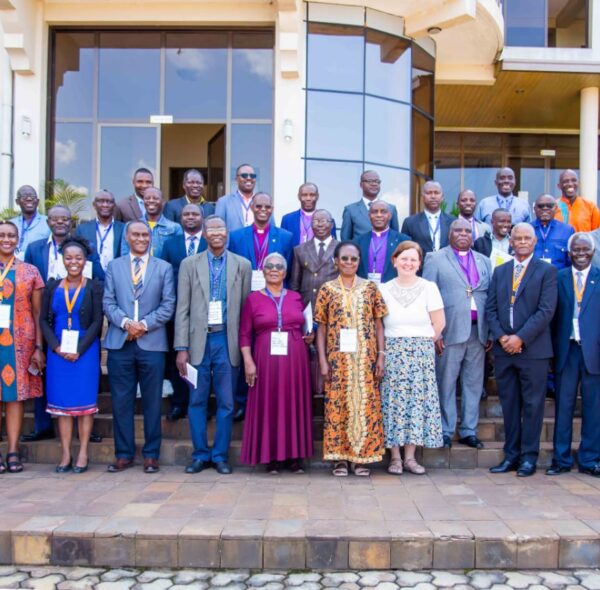
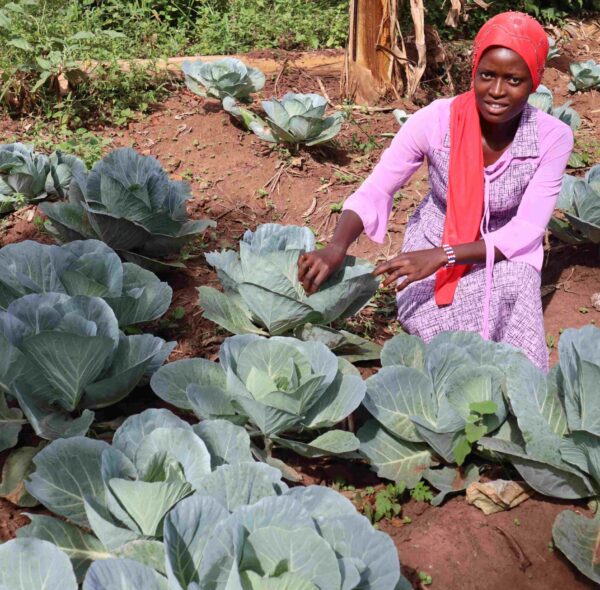

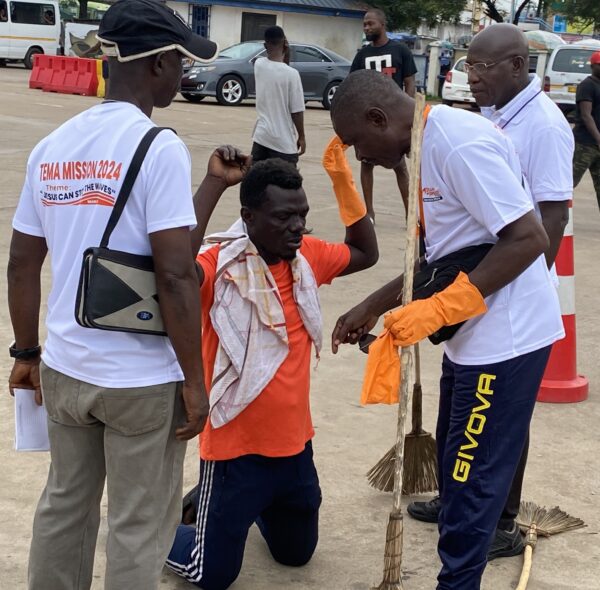

Add your first comment to this post